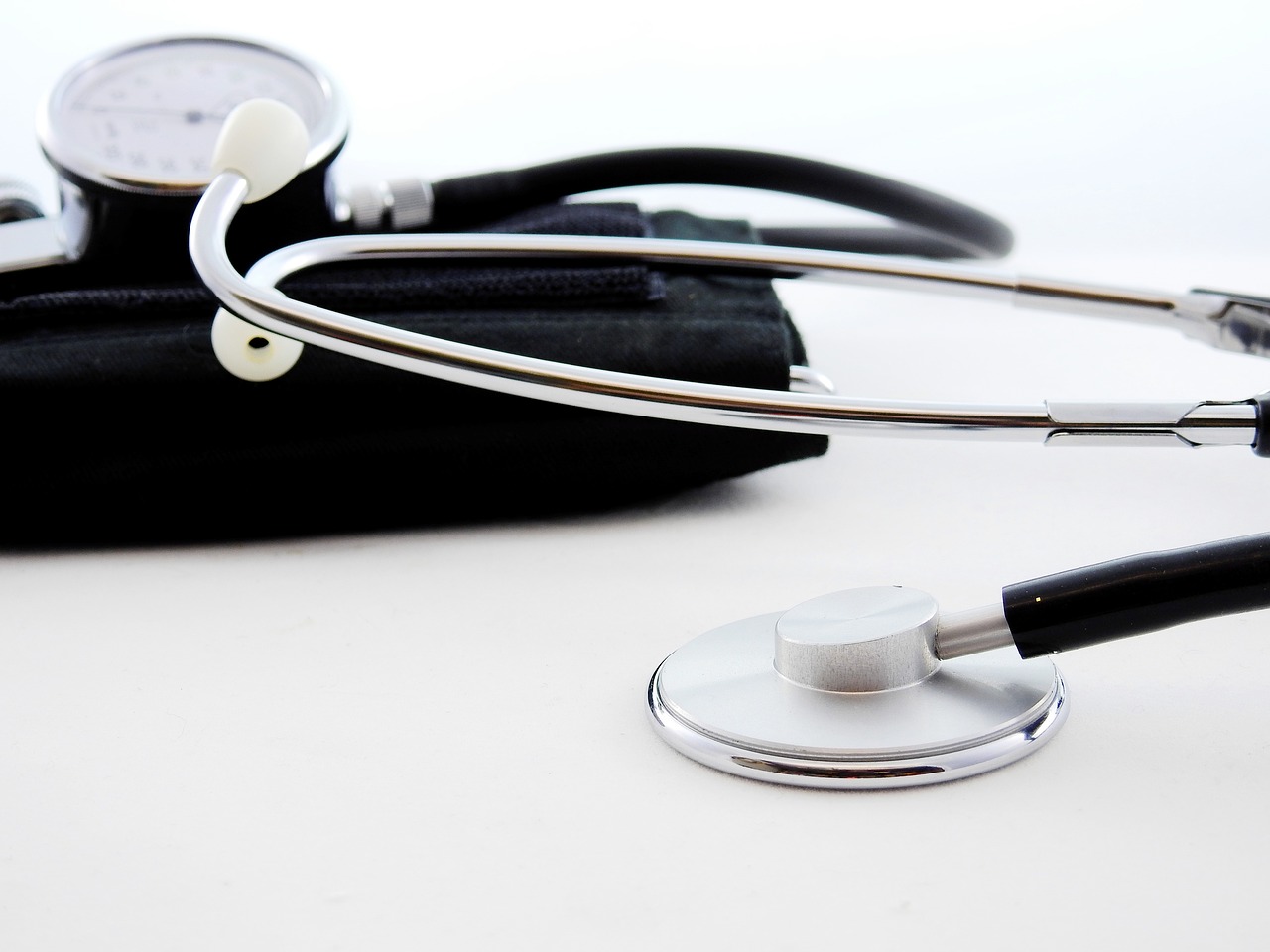Health News
A sudden spike in blood pressure can be alarming. Known as a hypertensive crisis, it can cause symptoms like severe headaches, nosebleeds, shortness of breath, or even chest pain. While not every sudden rise is life-threatening, it’s important to act quickly and calmly. Here’s what you can do if your blood pressure shoots up unexpectedly.
1. Stay Calm and Sit Down
The first step is to sit down and try to stay calm. Stress or panic can worsen the situation. Take deep, slow breaths. Inhale through your nose, hold for a few seconds, and exhale slowly through your mouth. This can help lower stress and slightly reduce blood pressure.

2. Check Your Blood Pressure
If you have a digital blood pressure monitor at home, check your reading. If the systolic (top number) is above 180 or the diastolic (bottom number) is over 120, you may be experiencing a hypertensive crisis. However, a single high reading doesn’t always mean an emergency. Take a second reading after five minutes.
3. Avoid Physical Activity
Do not attempt to walk, climb stairs, or do anything physically demanding. Physical exertion can further increase your blood pressure. Stay seated and avoid any unnecessary movement until your levels stabilize or help arrives.
4. Take Your Prescribed Medication
If you are already on medication for high blood pressure, take the dose as prescribed. In some cases, doctors recommend an emergency or “as needed” pill for such situations. If your doctor has advised a specific remedy for sudden spikes, follow it carefully.

5. Avoid Salt and Caffeine
Salt and caffeinated beverages like tea or coffee can raise blood pressure further. Avoid salty snacks, processed foods, or any stimulant drinks during this time. Stick to plain water.
6. Call for Medical Help
If your symptoms worsen or your readings remain high after 15-20 minutes, seek immediate medical attention. Chest pain, difficulty breathing, confusion, or sudden weakness may indicate a hypertensive emergency call emergency services right away.
7. Prevent Future Spikes
Once the situation is under control, consult your doctor about adjusting your medications, diet, or lifestyle. Regular monitoring, managing stress, and staying physically active (once stabilized) can help prevent future episodes.
A sudden rise in blood pressure can be scary, but with the right actions, you can manage it safely. Stay calm, monitor your symptoms, and don’t hesitate to seek medical help. Your health is worth the attention.





